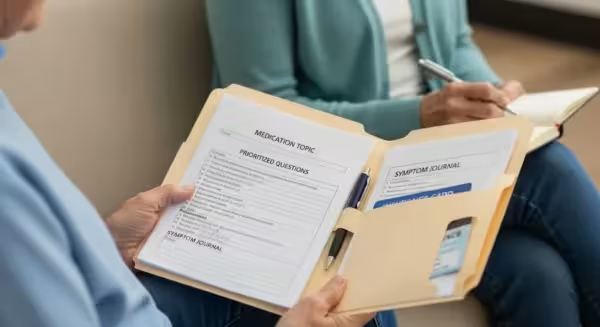
Frequently Asked Questions
1. Do my kids have to pay an inheritance tax?
This is a common point of confusion. There is no federal inheritance tax. The estate tax (discussed earlier) is paid by the estate itself before assets are distributed, and it only applies to very large estates. A handful of states (currently six) do have a separate inheritance tax, which is paid by the person who receives the inheritance. The rules and tax rates vary by state and are often based on the heir’s relationship to the deceased. It is important to check the laws in your specific state.
2. If I give my child money using the annual exclusion, do they report it as income?
No. Gifts are not considered taxable income for the recipient in the United States. Your child will not have to report the money on their tax return or pay any income tax on it. The tax rules are focused on the giver, not the receiver, and as long as you stay within the annual exclusion limit ($18,000 in 2024), there are no tax consequences for either of you.
3. What happens if I give more than $18,000 to one person in a single year?
If you give more than the annual exclusion amount, it does not necessarily mean you owe tax. It simply means you must file a gift tax return with the IRS (Form 709). The amount you gave above the exclusion is then subtracted from your lifetime exemption ($13.61 million in 2024). You will not actually pay any gift tax until you have used up your entire lifetime exemption, which is rare. For most people, it is just a paperwork requirement.
4. Is it better to add my child to my bank account or let them inherit it?
While adding a child as a joint owner on a bank account can seem like a convenient way to allow them to help you pay bills and to transfer the account at death, it has risks. As with a house deed, making them a joint owner means the money is legally theirs, too. The account could be vulnerable to their creditors or in a divorce settlement. A safer alternative is to grant them “power of attorney,” which allows them to manage your finances on your behalf without making them a legal owner. For passing on the account, a “Payable on Death” (POD) designation is usually the most effective method.
5. Can I give my house to my kids but continue to live in it?
This is possible but creates a very complicated situation with serious potential downsides. If you give away your home but continue to live there without paying fair market rent, the IRS may rule that you retained a “life estate” and could include the home’s value in your taxable estate anyway. More importantly for most seniors, giving away your home can make you ineligible for Medicaid to cover long-term care costs for a period of up to five years (the “look-back” period). There are better tax strategies and legal tools, like certain types of trusts, that can achieve similar goals without these significant risks. This is a topic where professional legal advice is absolutely essential.
For official information on programs like Social Security and Medicare, which are also part of your overall financial picture, always use the official government websites. You can visit SSA.gov and Medicare.gov.















